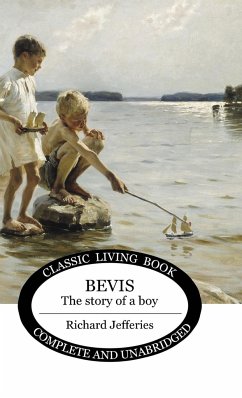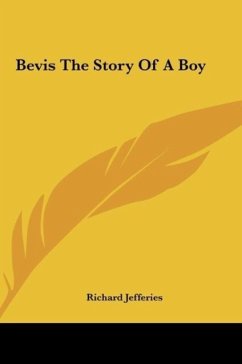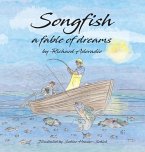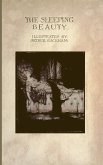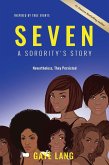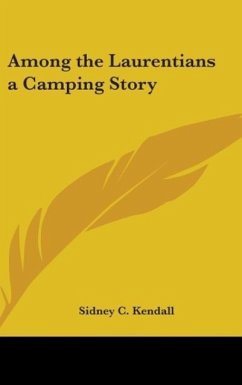Bevis is a charming tale of boyhood adventure. An inspiration for Arthur Ransom and Swallows and Amazons, the story follows Bevis and Mark as they explore the woods and ponds around them. Inspired by The Odyssey as the Blacketts are by Treasure Island their adventures take them from building rafts to reenacting battles, exploring, hunting, and fishing to making their own guns. A perfect read for those who loved to play explorer or fight imaginary wars as children, Bevis evokes a time gone by. This edition is presented complete and unabridged.
Hinweis: Dieser Artikel kann nur an eine deutsche Lieferadresse ausgeliefert werden.
Hinweis: Dieser Artikel kann nur an eine deutsche Lieferadresse ausgeliefert werden.

